READY TO GET STARTED?
REQUEST A FREE ESTIMATE
Fill out the form below or call (888) 466-7849 for a free, no-obligation estimate.
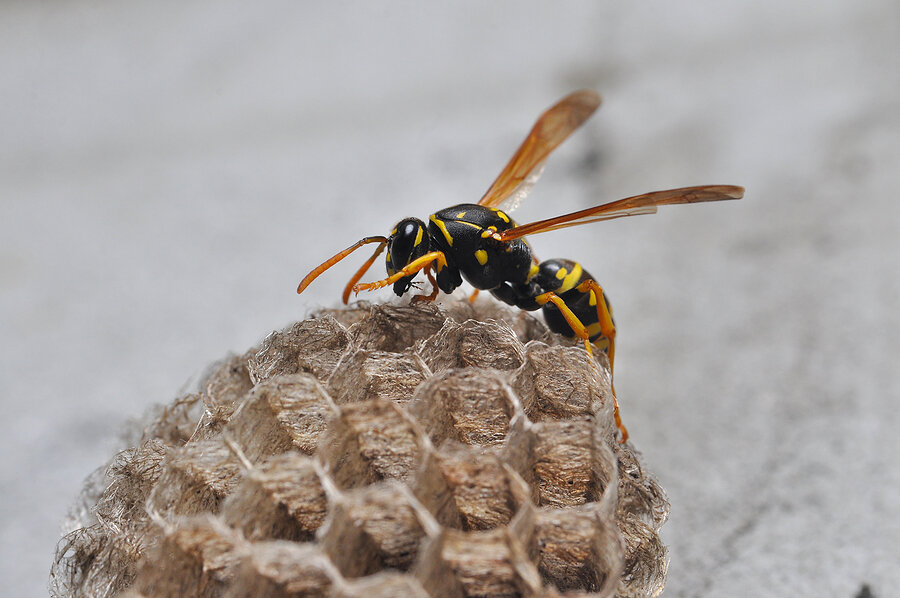
Florida is no stranger to dealing with stinging pests! These insects can become a real nuisance to your Bonita Springs property once they have invaded your yard and can pose a health risk to your family. Let’s review some common stinging pests in Florida and how you can avoid them on your property.
Stinging pests are most active during summer and early fall, so it’s crucial to start placing preventative measures throughout your property to avoid their infestation! Check our tips and tricks on avoiding stinging insects:
If you happen to be stung by a stinging insect, it’s best to seek medical attention immediately. Likewise, if you’ve seen an influx of stinging pests on your property, it’s best to contact a pest control company near you. Removing nests can be extremely dangerous, so it’s best to leave it to the professionals who will safely remove the nest and provide you with recommendations on preventing these common stinging pests in the future.
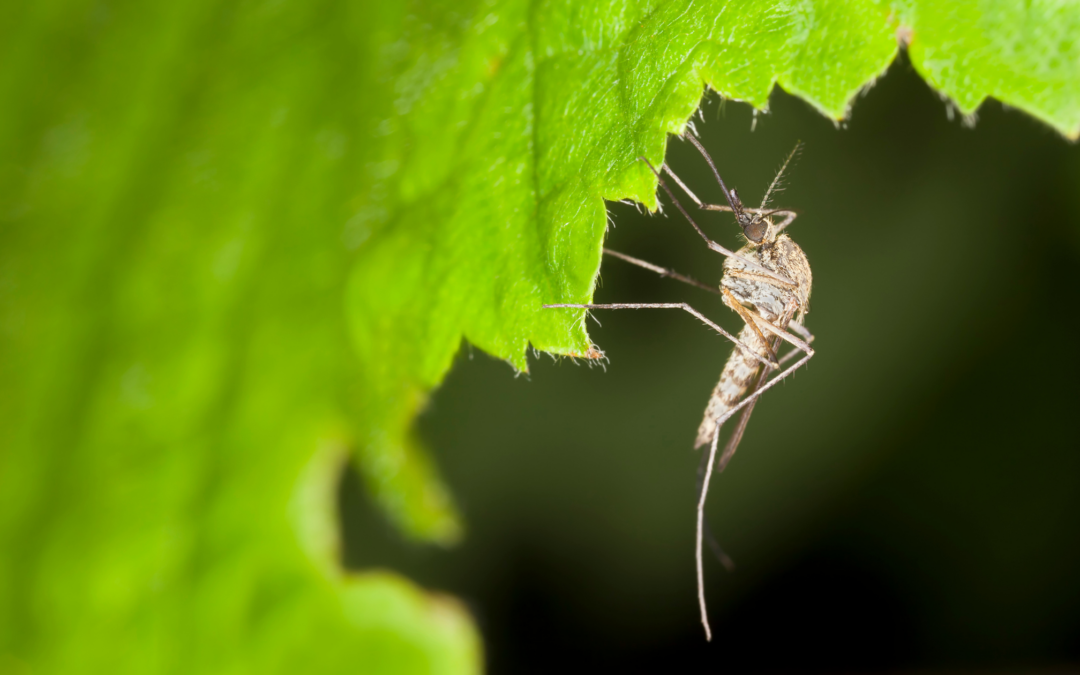
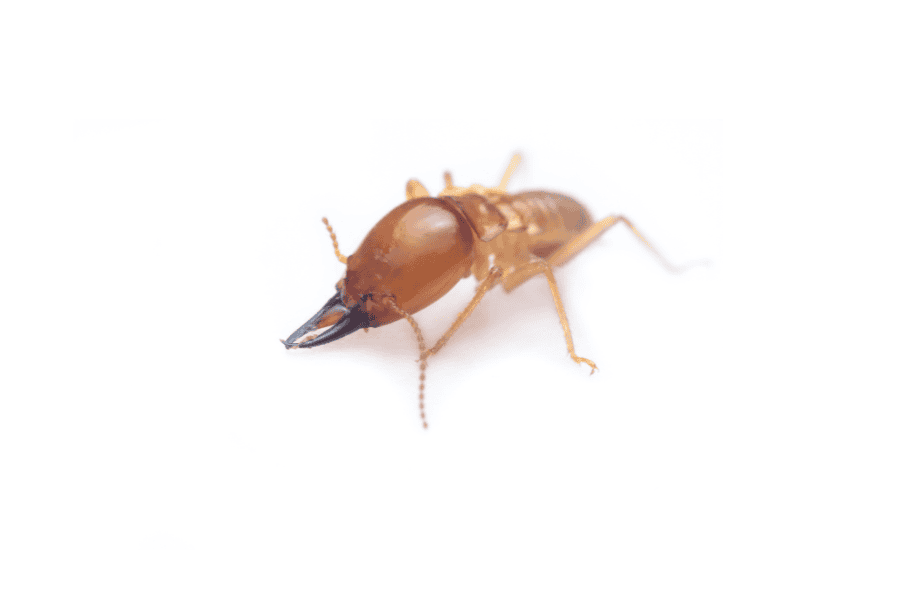
Drywood termites might seem like their counterpart, the subterranean termite, but they couldn’t be more different. Instead of surviving off moisture like subterranean termites, drywood termites seek dry wood for their food source. Once these termites find a place to create their colony, they will excavate the wood and cause significant structural damage to many Florida homes. One of the best ways you can avoid drywood termite damage is understanding their signs and the preventative measures to place on your property!
Drywood termites build their colonies inside wood in and around your home, surviving above the ground. While termites are difficult to spot, there are signs to indicate their activity in your home, including:
In Florida, drywood termite activity is year-round, so it’s crucial to stay on top of your termite prevention. Consider the following tips to avoid a drywood termite infestation:
If you notice drywood termite signs or suspect there are termites inside your Florida home, it’s best to contact a local pest control company near you. These professionals can schedule you with a routine termite inspection and termite control options.
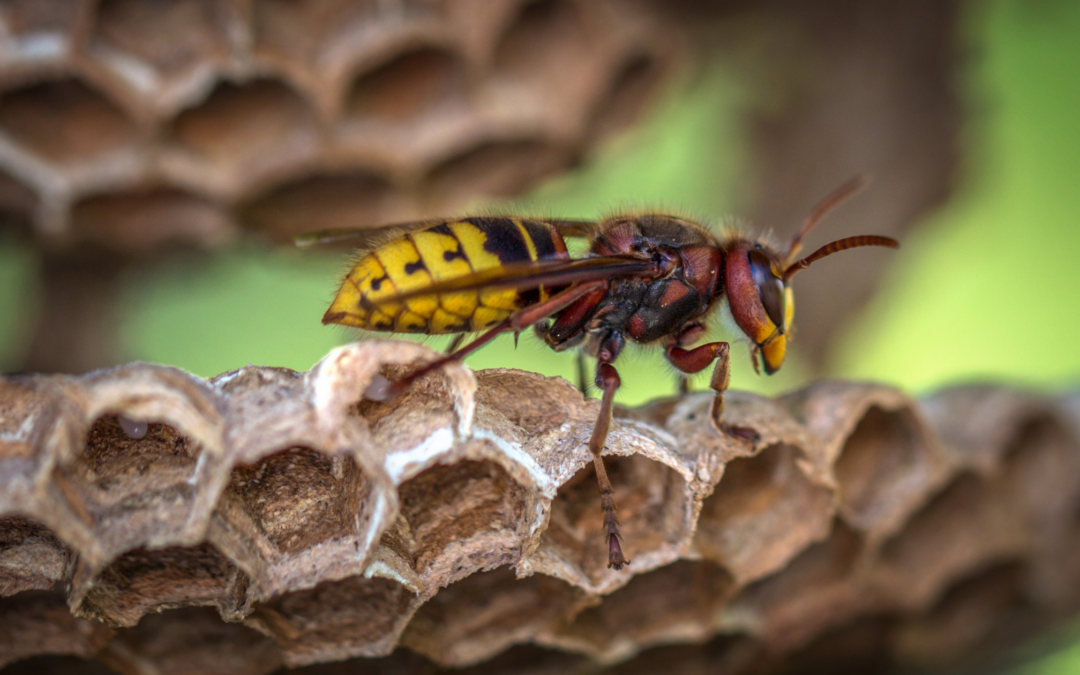
Georgia’s warm climate and lush landscapes make it a haven for various insects, including some that pack a painful sting. While many of these stinging insects play crucial roles in our ecosystem, encountering them in and around our homes can be alarming and potentially dangerous. In this guide, we’ll explore some of the most common stinging insects found in the region, the threats they pose, and how to deal with them effectively.
One of the most notorious stinging insects in Georgia is the yellow jacket. These aggressive insects are easily recognizable by their black and yellow striped bodies. They typically build their nests in hollow trees, underground burrows, or within wall voids of buildings. Yellow jackets can pose a significant threat to humans and pets, especially when their nests are disturbed. Their stings are painful and can cause allergic reactions in sensitive individuals.
Yellow jackets are about half an inch to three-quarters of an inch in length, with distinctive yellow and black markings on their bodies.
If stung by a yellow jacket, it’s essential to remove the stinger promptly to minimize venom injection. Clean the affected area with soap and water and apply a cold compress to reduce swelling. Over-the-counter antihistamines can help alleviate itching and discomfort.
Removing a yellow jacket nest can be hazardous and is best left to professionals. Attempting to remove the nest without proper equipment and expertise can provoke the colony, leading to aggressive behavior and more stings.
To prevent yellow jackets from nesting near your home, seal any openings in walls, windows, and doors. Keep outdoor garbage cans tightly sealed and promptly clean up any food spills or crumbs.
Paper wasps are another common stinging insect found in Georgia. They construct umbrella-shaped nests from a papery material, often hanging from eaves, tree branches, or shrubbery. While they are generally less aggressive than yellow jackets, they will defend their nests if threatened.
Paper wasps are slender with long legs and wings, typically brownish in color with yellow markings.
Treat paper wasp stings similarly to yellow jacket stings. Remove the stinger, clean the area, and apply a cold compress to reduce swelling.
If a paper wasp nest is located in a high-traffic area or poses a threat to residents, it’s advisable to contact a professional pest control company for safe removal.
Regularly inspect your property for signs of paper wasp nests, especially in the spring and summer months. Remove any existing nests during the winter to prevent reinfestation.
Hornets are another type of stinging insect that can cause concern for Georgia residents. These insects are larger than yellow jackets and paper wasps and often build their nests in trees, shrubs, or even on buildings.
Hornets have stout bodies with predominantly black coloring and white or yellow markings. Their nests are typically grayish and football-shaped.
Treat hornet stings similarly to other stinging insect stings. Remove the stinger, clean the area, and apply a cold compress to reduce swelling.
Due to the size and aggression of hornets, it’s best to leave nest removal to professionals. Attempting to remove a hornet nest without proper equipment and expertise can be dangerous.
Regularly inspect your property for signs of hornet activity, especially in secluded areas such as attics, sheds, and trees. Seal any openings or gaps in buildings to prevent hornets from entering.
In conclusion, encountering stinging insects in Georgia is not uncommon, but with proper knowledge and precautions, you can minimize the risks associated with them. If you’re dealing with a stinging insect infestation on your property, it’s best to seek assistance from a professional pest control company near you.
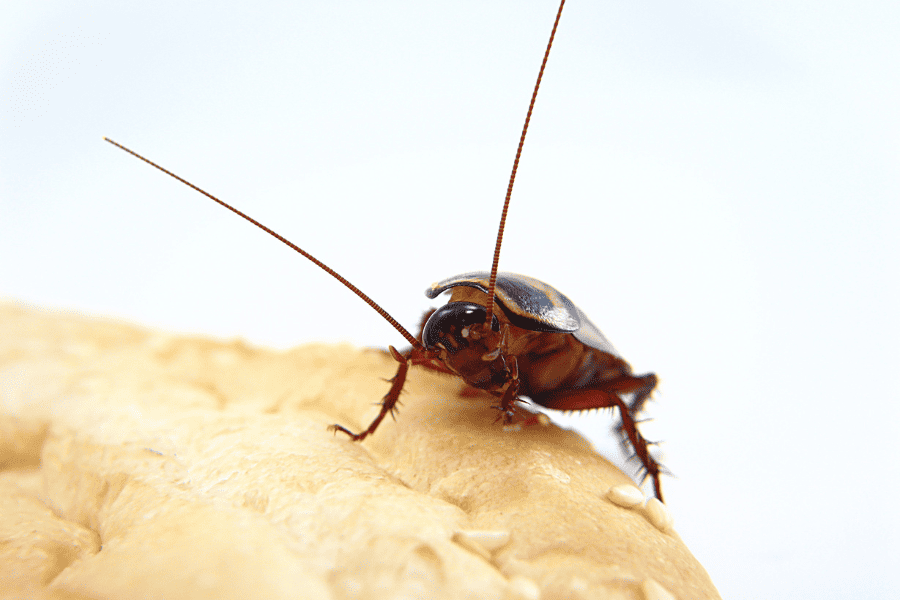
Cockroaches are one of the most common household pests that Florida residents will deal with. While these pests won’t cause structural damage, they can be a health risk to you and your family as they will transmit diseases and contaminate food. Spotting a roach inside your home doesn’t always mean your home is dirty, as roaches can easily get into the cleanest of homes to look for food, water, and shelter. One question homeowners often ask is “How can I stop roaches?” One of the best ways you can prevent them from entering your home is to understand how they can get inside in the first place and familiarize yourself with the cockroach prevention tips that you can utilize.
Roaches can be extremely resourceful when trying to enter homes. These small insects will flatten themselves to be able to crawl through the smallest holes and cracks leading inside a building, including openings around your foundation and utility pipes leading inside the home. Likewise, they will squeeze through any available openings around doors and windows, whether it’s gaps or if it’s been open too long. Roaches are known to hitchhike and lay their eggs on certain items to get inside the home, including luggage, backpacks, used furniture, used appliances, and packages.
One of the best ways you can stop roaches is to create an environment they aren’t attracted to that will deter them away. Check out our common roach preventative tips to consider:
Cockroaches are extremely resilient and once an infestation occurs, they can grow overnight! If you’ve noticed one too many roaches than you are comfortable with, contact a pest control company near you for a free evaluation and the recommended pest control treatment and prevention plan based on your current pest situation.